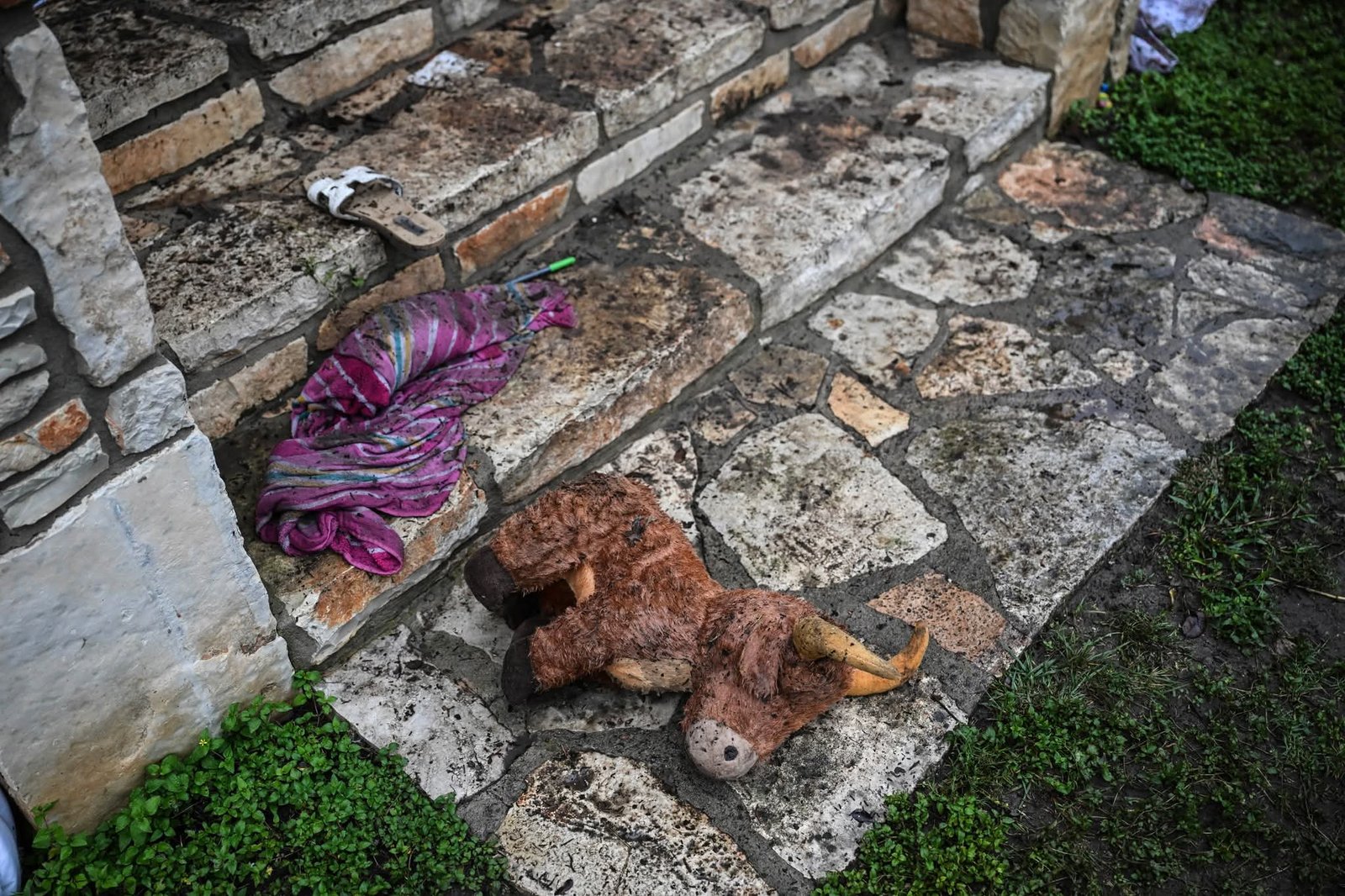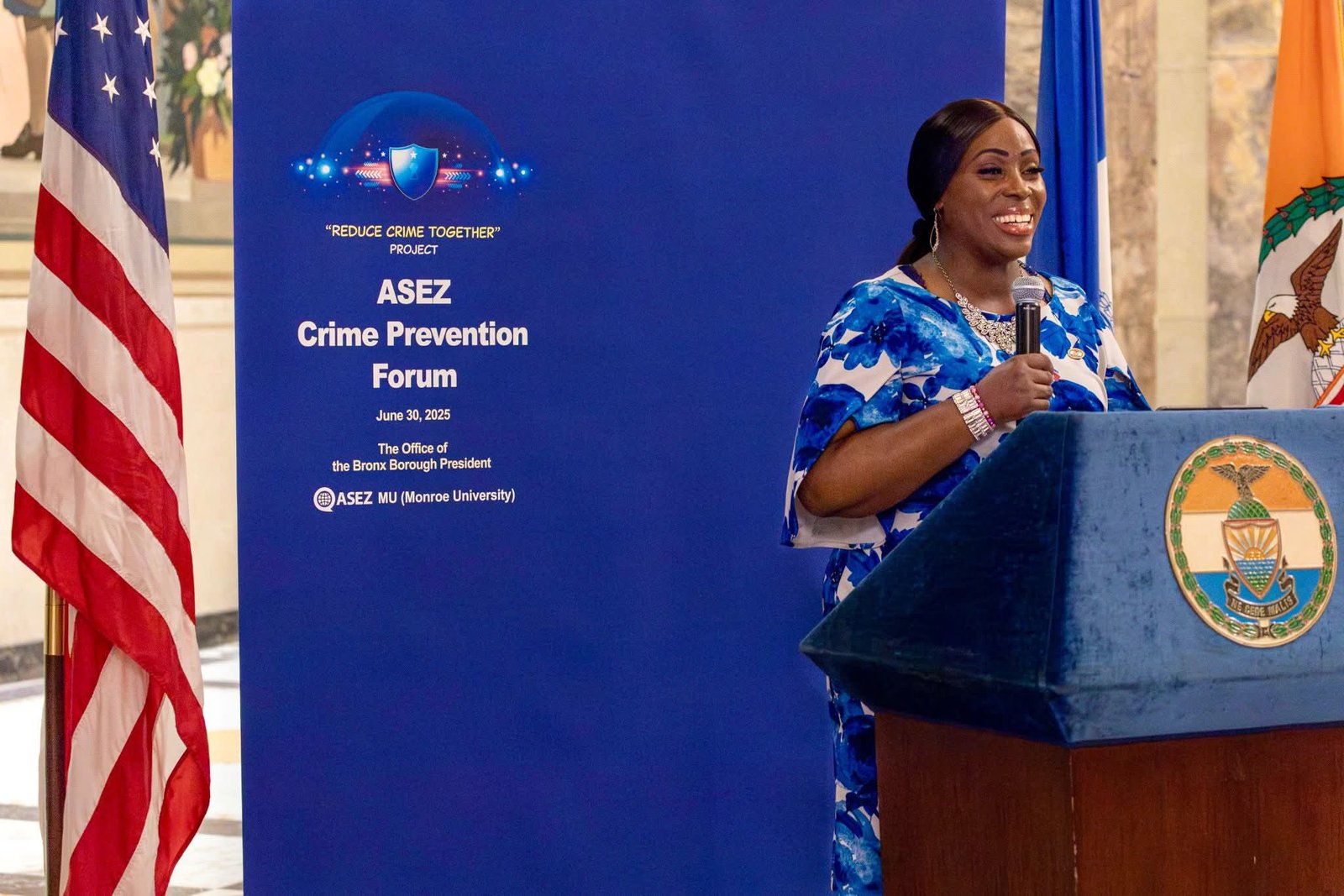
Governor Bob Ferguson Signs Groundbreaking Bill Amid Community Celebration, Hailing Inclusivity and Cultural Recognition
Washington State has etched its name into the history books by becoming the first in the United States to officially recognize Eid al-Fitr and Eid al-Adha as state holidays. In a landmark moment celebrated across communities, Governor Bob Ferguson signed the bill during his first public bill-signing event, underscoring his administration’s commitment to inclusivity and grassroots governance.
“Honored to sign my first bill out in the community,” Governor Ferguson announced with pride. “Last night, we made Washington the first state to recognize Eid al-Fitr and Eid al-Adha as state holidays. I’m grateful for sponsors Sen. Yasmin Trudeau and Rep. Osman Salahuddin for their work on this important legislation.”
The bill, spearheaded by Senator Yasmin Trudeau and Representative Osman Salahuddin, followed months of advocacy to acknowledge the religious and cultural significance of the two major Islamic holidays. Eid al-Fitr marks the end of the holy month of Ramadan, while Eid al-Adha commemorates the story of Abraham’s willingness to sacrifice in devotion to God—both celebrated with prayers, community gatherings, and acts of charity.
By adding Eid al-Fitr and Eid al-Adha to the state holiday calendar, Washington formally embraces its growing Muslim community, providing public recognition and fostering a greater sense of belonging.
The significance of the moment was further highlighted by Ferguson’s decision to sign the bill in a community setting, a symbolic move that aligns with his leadership style of direct engagement and representation.
The governor also praised the bipartisan collaboration that made the bill possible, commending Sen. Trudeau and Rep. Salahuddin for their dedication to bridging cultural divides and advancing inclusive policy.
As other states watch closely, Washington’s bold step may well become a model for expanding recognition of religious diversity across the nation—affirming its place as a trailblazer in progressive governance and community-led policymaking.







